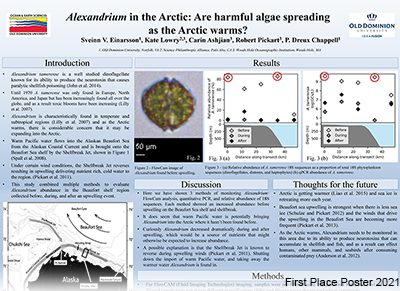ORCID
0000-0001-8263-141X (Hill), 0000-0003-3599-1417 (Yusuf)
College
Strome College of Business
Department
School of Public Service
Program
Public Administration and Policy
Publication Date
4-2021
DOI
10.25883/m4br-wx91
Abstract
Effective emergency management saves lives. The role of an emergency manager is to implement policies and practices to ensure disaster preparedness, mitigation, response, and recovery to promote community resilience; however, there are many factors that may hinder goal achievement. The False Alarm and Desensitization Model explores this concept by illustrating how evacuation behaviors and risk perceptions are influenced by individual experiences. Specifically, the Model demonstrates how disaster event false alarms and desensitization decrease the likelihood of adequate response during subsequent events.
False alarms and desensitization impede disaster preparation and perpetuate community vulnerability. This research highlights the false alarm theory of neurology and desensitization theory as applied to media and how they contribute to the two components of the False Alarm and Desensitization Model. The poster introduces the Model and key study, an analysis of the evacuation behaviors and risk perceptions of college students, considering the implications of false alarms and desensitization.
The False Alarm and Desensitization Model attempts to explain the relationship between false alarms, desensitization, and community vulnerability. College students serve as one of the most vulnerable populations when presented with natural and manmade disasters. Based on studying away from home, deciding to evacuate or shelter based on their own perceptions, having limited support and resources, and other factors, students are at great risk. Furthermore, college students in coastal communities are exposed to unique threats such as hurricanes and severe flooding, and COVID-19 has exacerbated their vulnerability.
This research addresses an urgent need. Vulnerable populations such as college students are disproportionately affected by disasters, so studying this population and ensuring that school administration and students are adequately educated on current research will promote better disaster outcomes.
Disciplines
Emergency and Disaster Management
Files
Download Full Text (1.2 MB)
Recommended Citation
Hill, Saige and Yusuf, Wie, "The Evacuation Behaviors and Risk Perceptions of College Students in Coastal Communities" (2021). College of Business (Strome) Posters. 15.
https://digitalcommons.odu.edu/gradposters2021_business/15



